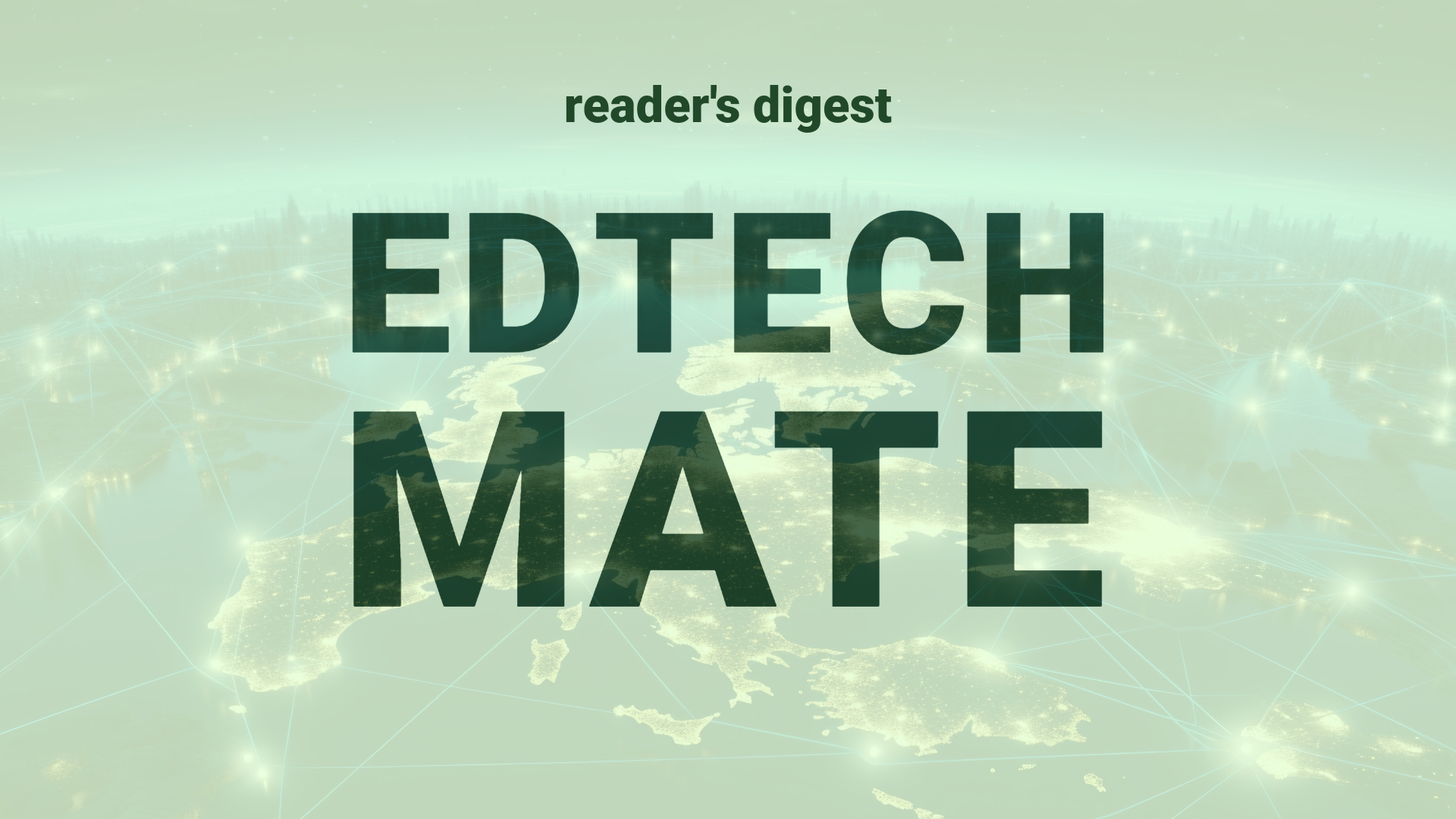Executive Summary and Main Points
In exploring the case of Coty’s revitalization and supply chain transformation, we observe key innovations such as the utilization of advanced digital and AI tools. Coty, a multinational beauty company, under the directive of CEO Sue Nabi, has shifted towards a consumer-centric approach while enhancing efficiency, cost reduction, and waste elimination. The company’s supply chain overhaul is pivotal to its financial recovery, emphasizing agile, cross-functional, and tactically focused team structures. Coty’s strategic incorporation of machine learning and AI to modernize operations and to create a more responsive and sustainable supply chain is instrumental for their future success.
Potential Impact in the Education Sector
Transformations like Coty’s can inspire a similar evolution in the education sector. In Further and Higher Education, institutions can embrace advanced analytics and AI for precise demand forecasting and resource allocation. They can streamline operations and create cost efficiencies through digital tools. This strategic advancement also aligns with the growing need for micro-credentials, where digital platforms enable the creation, distribution, and verification of these credentials. Establishing strategic partnerships with technology providers will bolster the capabilities required in this digital transformation.
Potential Applicability in the Education Sector
Applying innovations from Coty’s case, AI and digital tools can revolutionize global higher education systems. AI could enable tailored learning experiences and predictive analytics for student success and institutional growth. Digital transformation can aid universities in managing vast educational resources, forecasting student enrollment trends, and customizing curriculum offerings. Moreover, AI applications can help in tracking and improving the carbon footprint of educational institutions, aligning with global sustainability goals.
Criticism and Potential Shortfalls
While digital transformation offers many advantages, it is not without criticism and potential shortfalls. Real-world examples reveal that over-reliance on AI and digital systems may lead to data privacy concerns and potential job displacements. Comparative case studies suggest that the uniformly digital approach may not fit all educational contexts, especially in regions with limited access to technology. Ethical and cultural implications, such as algorithmic bias and the homogenization of educational content, further necessitate a balanced and inclusive approach to technology integration.
Actionable Recommendations
For international higher education leaders looking to explore or implement such technologies, several actionable recommendations emerge. Invest in professional development for faculty and staff to adapt to digital tools, and foster partnerships with tech firms for AI integration. Prioritize hybrid educational models that combine digital innovation with traditional learning to accommodate diverse learning needs. Lastly, enact robust data governance policies to safeguard against ethical breaches and preserve the cultural diversity of the learning environment.
Source article: https://www.mckinsey.com/industries/consumer-packaged-goods/our-insights/supply-chain-goes-rouge-inside-cotys-makeover

